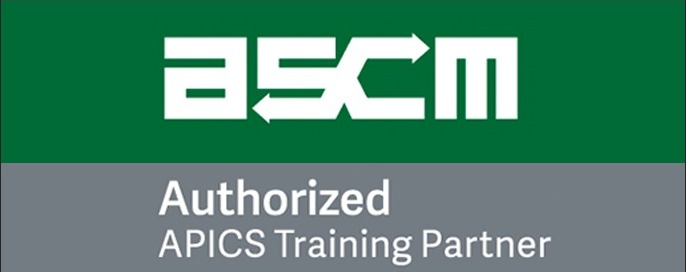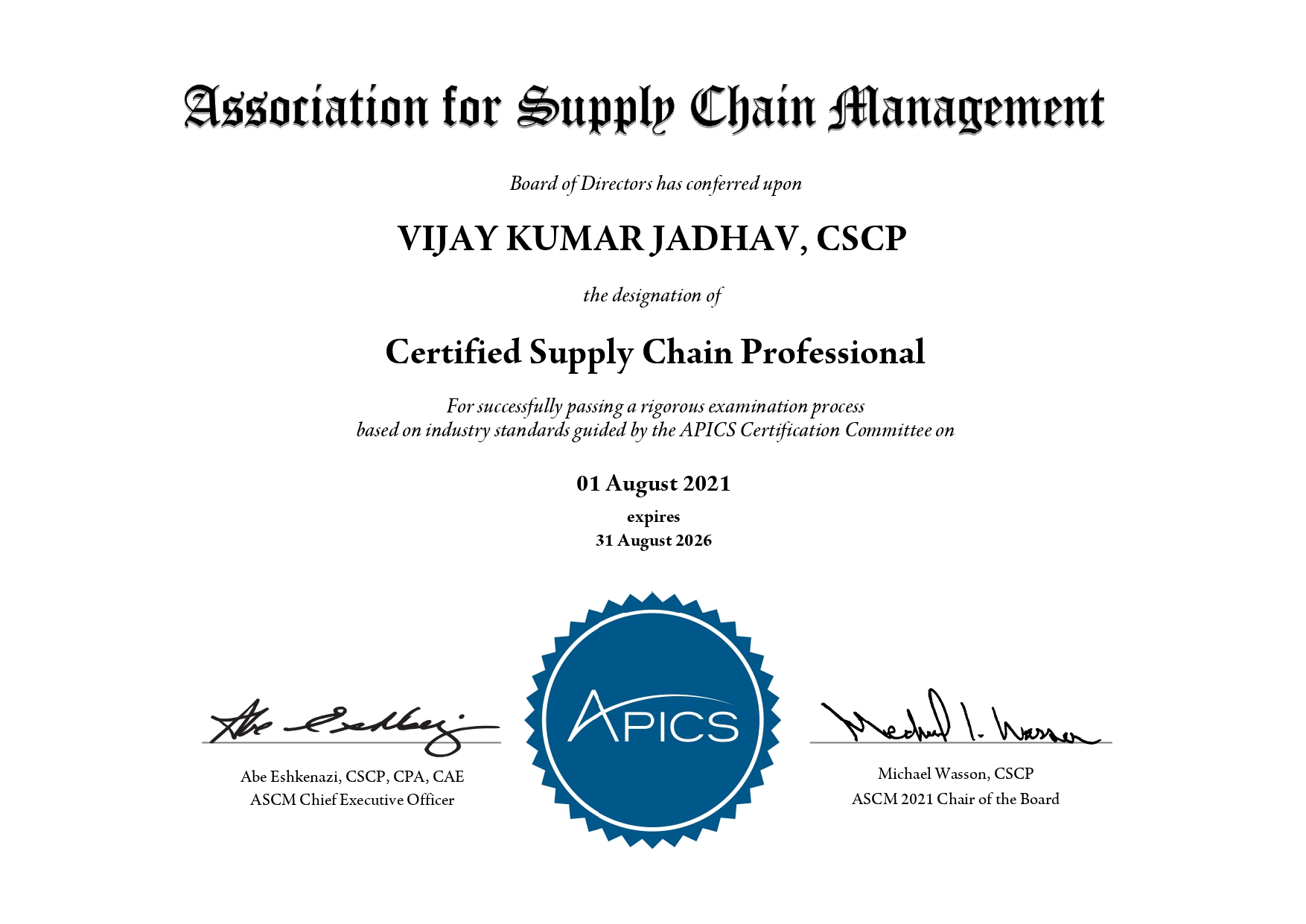- Quality Management
- Lean Six Sigma Yellow Belt
- Lean Six Sigma Green Belt
- Lean Six Sigma Black Belt
- Lean Six Sigma Combo (GB + BB)
- Lean Six Sigma Combo (GB + BB) + AI Enabled
- Lean Six Sigma Master Black Belt
- Lean Manufacturing Certification
- Total Quality Management Certification
- Certified Lean Practitioner
- Certified Manager of Quality
- IMC is Accredited by IASSC, IQF, CSSC, USA & CPD, UK.
- Self-Paced & LIVE Instructor Led Training with Free LMS Access.
- EMI Payment Option with No Cost.
POPULAR COURSES
Globally Accreditation
Multiple Training Modes
Flexible Payment Options
- Project Management
- PMP Certification Training
- Portfolio Management Professional (PfMP)
- PMI-ACP® Certification Training
- Agile Scrum Master (ASM) Certification Training
- Agile and Scrum Foundation Certification Training
- Leading SAFe
- SAFe Scrum Master
- SAFe for Teams
- SAFe DevOps
- SAFe for Government
- Safe Product Owner/Product Manager
- SAFe Advanced Scrum Master
- Release Train Engineer
- Lean Portfolio Management
- Implementing SAFE
- SAFe for Architect
- Agile Product Management
- Agile Software Engineering
-
Accredited By
PMI on behalf of PMI.
- IMC is Accredited by IASSC, IQF, CSSC, USA & CPD, UK.
- Self-Paced & LIVE Instructor Led Training with Free LMS Access.
- EMI Payment Option with No Cost.
POPULAR COURSES
Globally Accreditation
Multiple Training Modes
Flexible Payment Options
- Logistics & Supply Chain
- Certified Supply Chain Foundation
- Certified Supply Chain Specialist
- Certified Supply Chain Leader
- Digital Supply Chain Program
- Certified Supply Chain Master Program (CSCF), (CSCS), (CSCE).
- APICS Certified Supply Chain Professional (CSCP)
- IMC is Accredited by IASSC, IQF, CSSC, USA & CPD, UK.
- Self-Paced & LIVE Instructor Led Training with Free LMS Access.
- EMI Payment Option with No Cost.
POPULAR COURSES
Globally Accreditation
Multiple Training Modes
Flexible Payment Options
- Data Science & Business Analytics
- IMC is Accredited by IASSC, IQF, CSSC, USA & CPD, UK.
- Self-Paced & LIVE Instructor Led Training with Free LMS Access.
- EMI Payment Option with No Cost.
Globally Accreditation
Multiple Training Modes
Flexible Payment Options
- IT Services Management
- ITIL® 4 Foundation Certification
- IMC is Accredited by IASSC, IQF, CSSC, USA & CPD, UK.
- Self-Paced & LIVE Instructor Led Training with Free LMS Access.
- EMI Payment Option with No Cost.
POPULAR COURSES
Globally Accreditation
Multiple Training Modes
Flexible Payment Options
- ISO Certifications
- IMC is Accredited by IASSC, IQF, CSSC, USA & CPD, UK.
- Self-Paced & LIVE Instructor Led Training with Free LMS Access.
- EMI Payment Option with No Cost.
Globally Accreditation
Multiple Training Modes
Flexible Payment Options
- Human Resource Management
- IMC is Accredited by IASSC, IQF, CSSC, USA & CPD, UK.
- Self-Paced & LIVE Instructor Led Training with Free LMS Access.
- EMI Payment Option with No Cost.
Globally Accreditation
Multiple Training Modes
Flexible Payment Options









